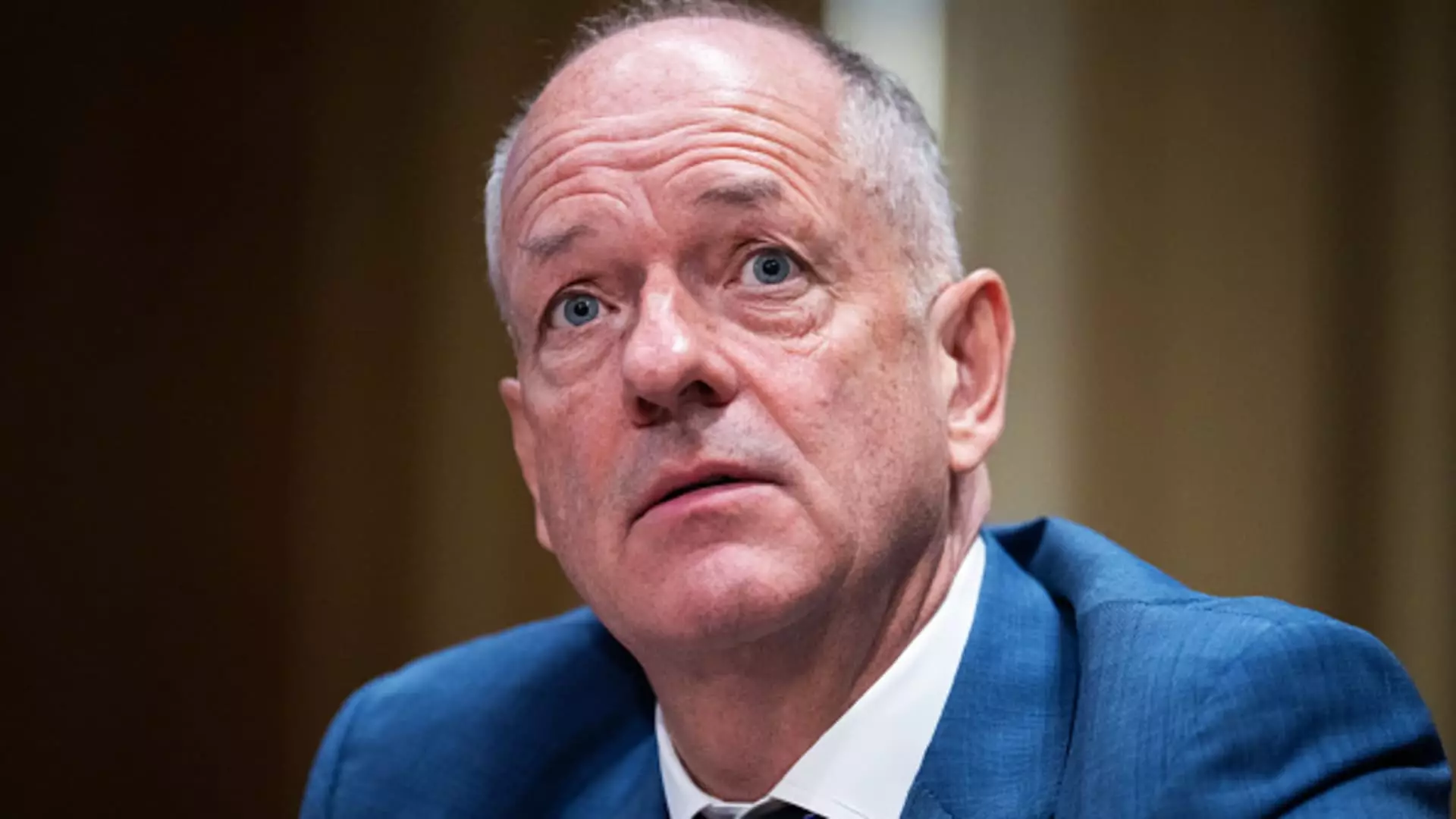The recent death of Brian Thompson, the CEO of UnitedHealthcare, has cast a profound shadow over the landscape of U.S. health insurance. UnitedHealth Group’s CEO Andrew Witty articulated the sorrow felt across the industry in a poignant New York Times opinion piece. Thompson was not just a executive; he was an influential figure who navigated a tumultuous sector riddled with complexities and challenges. His untimely demise, allegedly at the hands of a vocal critic of the healthcare system, further ignited calls for a thorough examination and reformation of a flawed system that many Americans feel is failing them.
Witty’s observations about the healthcare system resonate with the sentiments of millions who experience its shortcomings firsthand. He acknowledges that the current model is a mismatched quilt, inadequate in addressing the realities faced by patients. It is clear that no rational mind would deliberately design such an intricate and often opaque system, suggesting that historical decisions have led us here rather than strategic foresight. Consumers encounter numerous barriers, from bewildering insurance policies to skyrocketing costs that seem to engulf any sense of security they might have regarding their health care.
Amid this turmoil, UnitedHealth Group remains a powerful entity, straddling the line between healthcare management and insurance provision. With a market cap of nearly $475 billion, it stands as the largest health care conglomerate in the nation. Yet, this stature comes with its challenges, especially during a time when the public’s trust is wavering. Witty emphasized that the mission of UnitedHealth is to optimize the functionality of the healthcare system. They aim to collaborate with all stakeholders to foster an ecosystem that prioritizes high-quality care while managing costs effectively. Such aspirations, however, are met with skepticism from a populace deeply scarred by experiences with insurance pitfalls.
The tragic circumstances surrounding Thompson’s death have catalyzed not just mourning but a resurgence of public anger directed at the healthcare industry. Social media platforms are awash with narratives of denied claims, unexpected billing, and a lack of transparency. These issues have culminated in a collective voice of dissatisfaction, making it evident that the healthcare financial ecosystem has lost the faith of its users. As Witty mentions, these frustrations stem from an intricate web of claims decisions grounded in a body of clinical evidence, raising questions about how these processes remain shrouded in mystery for the consumer.
As the dust settles on this tragic event, it is more critical than ever for entities like UnitedHealth Group and its peers to engage in dialogues about reforming the system that so many have found to be unyielding. Witty’s commitment to transparency and collaboration marks a step in the right direction, but actions will speak louder than words. If the healthcare system is to be salvaged, it is essential that insurance providers heed the voices of those they serve and actively dismantle the obstacles that inhibit access and undermine trust. With leaders like Witty at the helm, there is a flicker of hope that substantial change can arise from the ashes of loss, steering the industry towards a more equitable future.


Leave a Reply